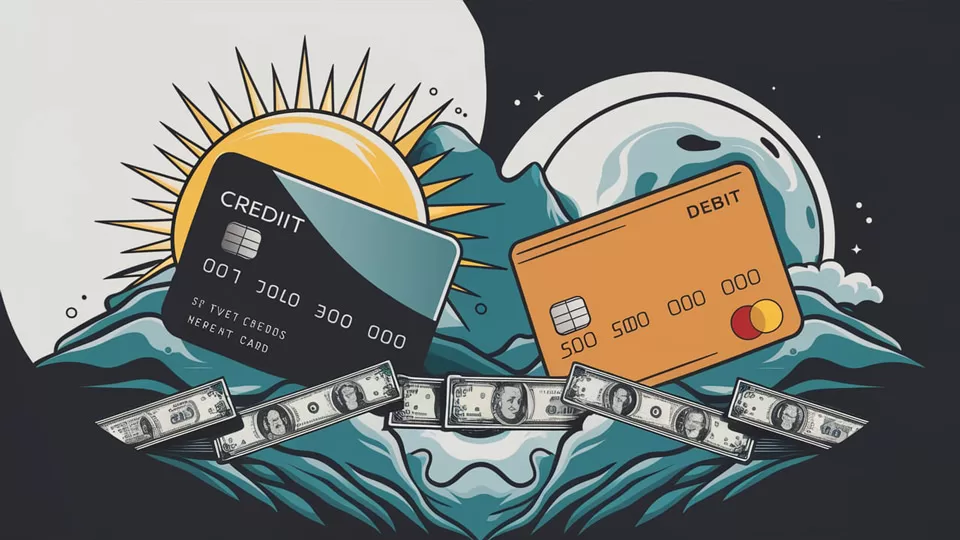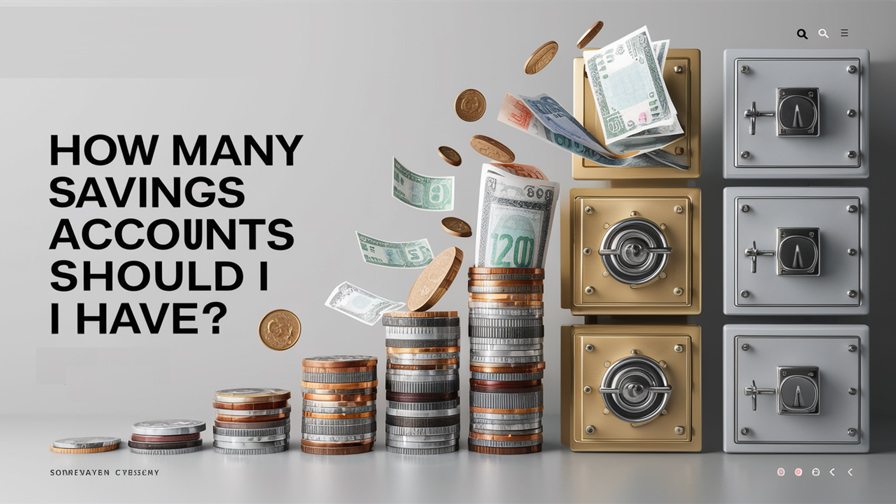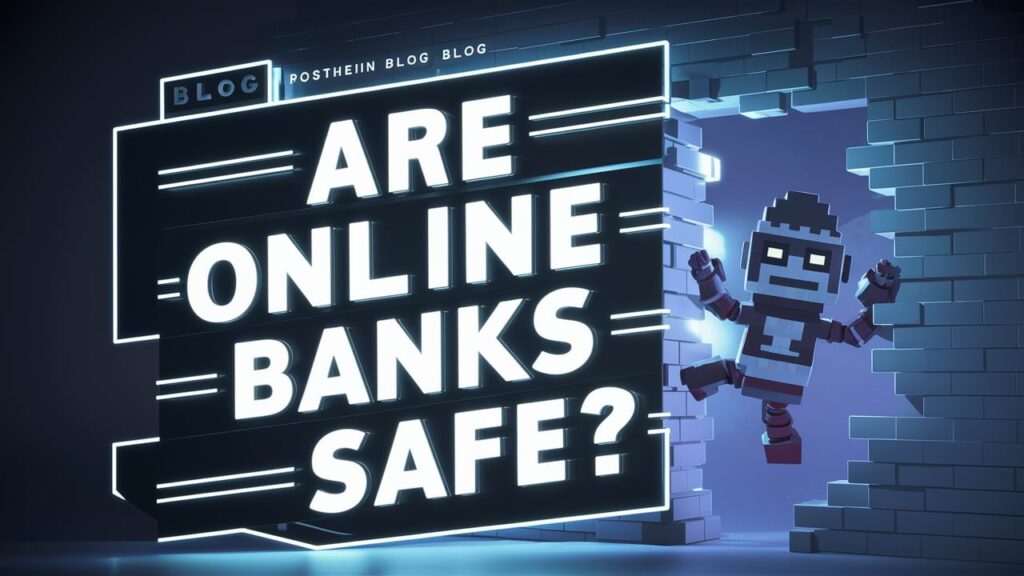When it comes to managing your finances, choosing between a credit card and a debit card can be confusing. Both types of cards offer convenience and security, but they operate differently and come with unique features, benefits, and potential drawbacks. In this article, we’ll explore the key differences between credit cards and debit cards, helping you make an informed decision that suits your financial needs.

What is a Credit Card?
A credit card allows you to borrow money from a financial institution to make purchases or withdraw cash. Each time you use your credit card, you’re essentially taking out a small loan that you will need to repay, usually on a monthly billing cycle. If you don’t pay off the full balance each month, you’ll be charged interest on the remaining amount.
Features of Credit Cards:
- Credit Limit: The maximum amount you can borrow.
- Interest Rates: The cost of borrowing money, which can vary based on your credit score and the card issuer.
- Rewards Programs: Many credit cards offer rewards like cash back, points, or travel miles.
- Purchase Protection: Extra insurance on items bought with the card.
- Building Credit: Using a credit card responsibly helps build your credit score.
What is a Debit Card?
A debit card, on the other hand, allows you to spend money directly from your checking account. When you make a purchase with a debit card, the funds are immediately withdrawn from your account. There’s no borrowing involved, so you don’t incur interest charges.
Features of Debit Cards:
- Direct Access to Funds: Money is deducted straight from your checking account.
- No Interest: Since you’re not borrowing money, there are no interest charges.
- ATM Access: Debit cards can be used to withdraw cash from ATMs.
- Spending Limits: Limited to the available balance in your account.
- No Impact on Credit Score: Debit card usage does not affect your credit score.
Benefits of Credit Cards
- Credit Building: Regular, responsible use of a credit card can help you build a positive credit history, which is essential for securing loans, mortgages, and favorable interest rates.
- Rewards and Perks: Many credit cards offer attractive rewards programs, including cash back, travel points, and discounts on purchases.
- Purchase Protection: Credit cards often come with additional protections for purchases, such as extended warranties and fraud protection.
- Emergency Funds: Credit cards can be a useful backup in emergencies when you need access to funds beyond what’s in your checking account.
Benefits of Debit Cards
- No Debt: With a debit card, you’re spending money you already have, so there’s no risk of accumulating debt or paying interest.
- Budget-Friendly: Debit cards help you stick to your budget since you can only spend what’s in your account.
- Convenience: Easy access to cash through ATMs and straightforward tracking of your spending through your bank account.
- No Credit Check Required: Debit cards are accessible to everyone, regardless of credit history, making them a good option for those with poor or no credit.
Potential Drawbacks
Credit Cards:
- Interest Charges: If you don’t pay off your balance in full each month, interest charges can accumulate quickly.
- Debt Risk: The ability to borrow money can lead to overspending and debt if not managed carefully.
- Credit Impact: Late payments or high balances can negatively impact your credit score.
Debit Cards:
- Limited Protection: While many banks offer fraud protection for debit cards, it’s generally not as comprehensive as credit card protections.
- No Rewards: Most debit cards don’t offer rewards programs.
- Immediate Impact: Spending directly affects your bank balance, which can be a problem if you’re not careful with budgeting.
Real-Life Scenarios
Scenario 1: Building Credit for a Future Loan John, a recent college graduate, is planning to buy a house in a few years. He uses his credit card responsibly, paying off the balance in full each month to build a strong credit history. This will help him secure a mortgage with a lower interest rate when the time comes.
Scenario 2: Avoiding Debt Emily prefers to use her debit card for daily expenses to avoid the temptation of overspending. She finds that sticking to her checking account balance helps her manage her finances better and avoid accumulating debt.
Conclusion
Choosing between a credit card and a debit card depends on your financial goals and spending habits. Credit cards are great for building credit and earning rewards, but they require disciplined use to avoid debt. Debit cards offer simplicity and help you stay within your budget, but they lack the perks and protections of credit cards. Understanding the key differences and potential benefits of each can help you make the best choice for your financial health.
Whether you opt for a credit card, a debit card, or both, managing your finances responsibly is key to achieving financial stability and peace of mind.
Willie McClellan is a financial analyst and personal finance expert with over 15 years of industry experience. Holding a Master’s degree in Finance from the University of Chicago, Willie has worked with top investment firms, providing insights on market trends and investment strategies. He is passionate about financial education and regularly contributes to leading financial blogs and magazines. When not working, Willie enjoys hiking and spending time with his family.



